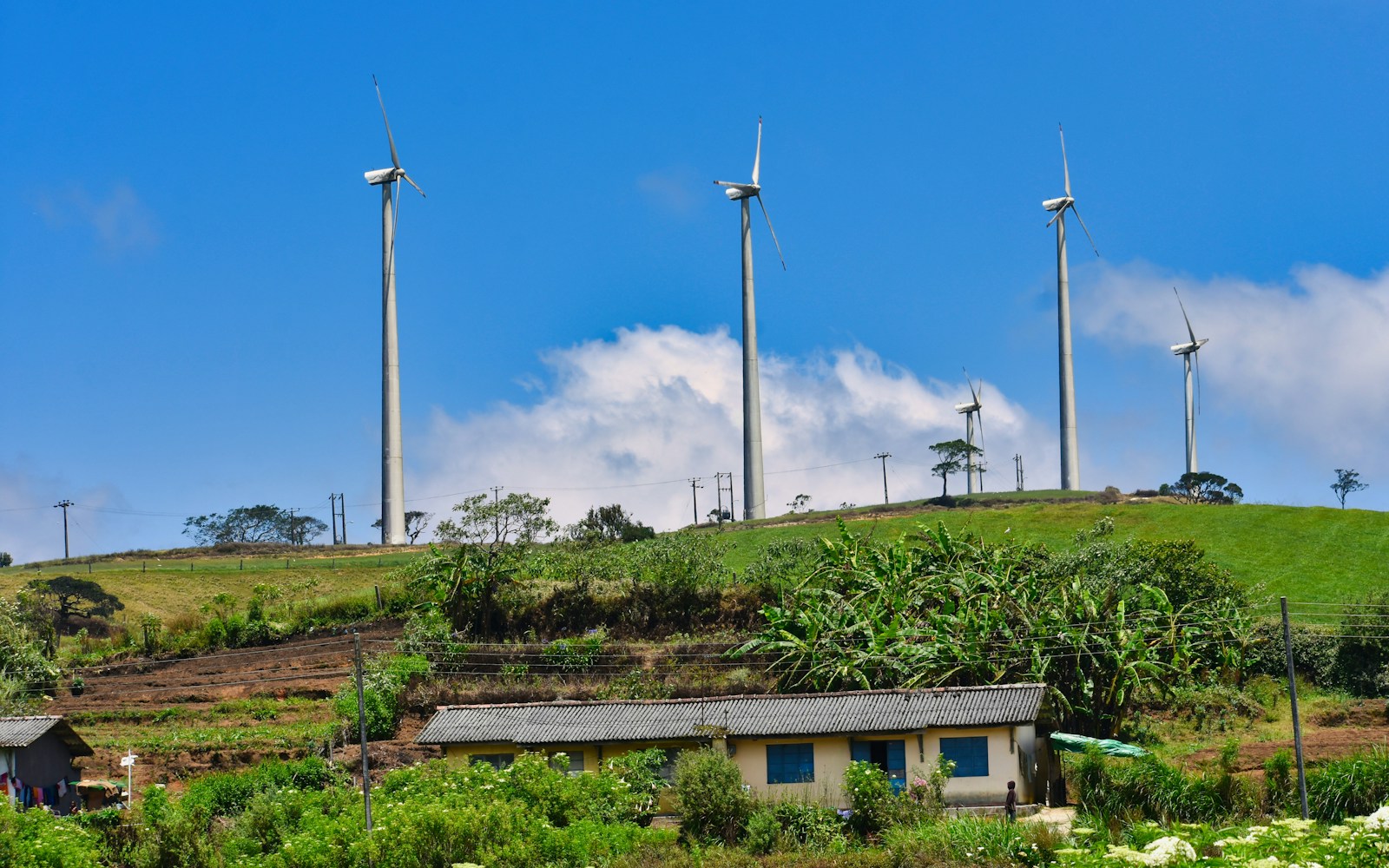green technology in Africa: 5 Shocking Facts with Positive Impact
Green technology is no longer just a global trend, it is becoming a lifeline for Africa’s future. With climate change threatening agriculture, energy, and livelihoods, the continent is witnessing a silent revolution powered by innovation. This article explores five shocking facts about how green technology is shaping Africa, focusing on Nigeria, Kenya, and Ghana, and why the youth are at the heart of this transformation.
green technology and Youth Empowerment
The rise of green technology in Africa is closely tied to the continent’s youthful population. Over 60% of Africans are under the age of 25, creating a massive workforce ready to drive sustainable innovation. Programs supporting solar energy startups, waste recycling businesses, and clean water projects have opened doors for young entrepreneurs to tackle pressing challenges while creating jobs. This wave of empowerment is both shocking and inspiring, as youth-led solutions are reshaping policy discussions and national strategies.
green technology and Energy Access
One of the most shocking realities in Africa is that over 600 million people still lack access to reliable electricity. Yet, green technology is changing this narrative at an unprecedented pace. In Nigeria, solar home systems are providing affordable energy to rural communities. In Kenya, wind farms are becoming a vital source of national power. Ghana is investing heavily in hydropower and solar integration. The speed at which renewable solutions are closing the energy gap is proof that sustainable technology is not just a dream but a practical solution.
green technology in Agriculture
Africa’s agriculture is vulnerable to unpredictable rainfall, soil degradation, and extreme weather. However, green technology is providing innovative ways to boost food security. Solar-powered irrigation systems, drone technology for monitoring crops, and organic waste recycling are transforming how farmers produce and protect their yields. In Kenya, small-scale farmers are using mobile apps to connect with renewable-powered cold storage systems, reducing post-harvest losses. This agricultural revolution highlights the power of sustainable innovation to feed millions.
green technology and Job Creation
Unemployment remains a major challenge across Africa, but green technology is creating fresh opportunities. From solar panel installation to electric mobility services, thousands of new jobs are being generated every year. In Nigeria, youth-led renewable startups are hiring young graduates, while in Ghana, training programs are equipping technicians with skills for a low-carbon future. The potential scale of employment is shocking, as the green economy is projected to employ millions within the next decade.
green technology in Waste Management
Rapid urbanization has turned waste into one of Africa’s biggest environmental threats. Yet, innovative recycling initiatives are converting waste into wealth. In Kenya, startups are producing eco-friendly building materials from plastic waste. In Nigeria, biogas projects are transforming organic waste into clean cooking fuel. These solutions not only reduce pollution but also offer economic opportunities. The shift from waste problems to green innovations is a powerful example of how technology can redefine sustainability.
Digital Innovation
The integration of digital tools with green solutions is accelerating Africa’s transformation. Mobile apps are helping farmers monitor soil quality, track rainfall, and manage renewable-powered irrigation. In Ghana, smart meters are enabling households to efficiently manage their solar electricity. Kenya’s fintech sector is offering green loans for clean energy solutions, allowing even low-income families to adopt renewable technologies. The blend of digital innovation with sustainability is shocking in its speed and impact.
Policy Frameworks
The role of policy cannot be underestimated in Africa’s green transformation. Governments in Nigeria, Kenya, and Ghana have begun to implement ambitious climate action plans that prioritize renewable energy and sustainable practices. These policies not only attract foreign investment but also empower local innovators to scale their solutions. The shocking reality, however, is that despite progress, policy gaps remain particularly in financing and regulatory support that must be urgently addressed.
Gender Inclusion
Women are often disproportionately affected by climate change, yet they are also among the strongest drivers of green innovation. In rural Kenya, women-led cooperatives are managing solar microgrids that bring power to entire villages. In Ghana, female entrepreneurs are pioneering eco-friendly businesses, from sustainable fashion to organic farming. Nigeria has also seen women breaking barriers in renewable energy startups. Gender inclusion in green technology is proving not only essential but also transformative.
Education and Skills Development
For Africa to fully harness the potential of green technology, education and skills training are critical. Universities in Nigeria are launching renewable energy research centers, while technical institutes in Ghana are introducing specialized training in solar engineering. Kenya has incorporated green entrepreneurship modules into youth programs. These initiatives are preparing the next generation of leaders, equipping them with the technical and business expertise to thrive in a green economy. The educational shift is laying the groundwork for long-term sustainability.
Global Partnerships
Africa’s green transformation is not happening in isolation. International partnerships are fueling innovation through funding, research, and knowledge exchange. In Kenya, collaborations with European renewable companies have accelerated wind and solar projects. Nigeria is receiving international grants to expand rural electrification, while Ghana is working with global institutions to integrate smart grids. According to the United Nations Sustainable Development Goals, such partnerships are vital for achieving universal clean energy access. This global cooperation adds momentum to Africa’s sustainability journey.
The Road Ahead
The future of Africa’s green technology sector is filled with both opportunities and challenges. While policies, youth empowerment, and international support are driving rapid progress, issues such as limited infrastructure and financing remain hurdles. Yet, the shocking facts uncovered from job creation to gender inclusion prove that Africa is on a transformative path. For readers who wish to explore related insights, we recommend checking our in-depth article on sustainable energy in Africa for a deeper understanding of regional initiatives.
Conclusion: Africa’s journey with green technology is nothing short of inspiring. With youth at the center, gender inclusion breaking boundaries, and policy frameworks gradually improving, the continent is emerging as a global leader in sustainable innovation. The five shocking facts highlighted in this article prove that Africa is not just catching up with global green trends, it is setting the pace for a brighter, cleaner, and more inclusive future.




